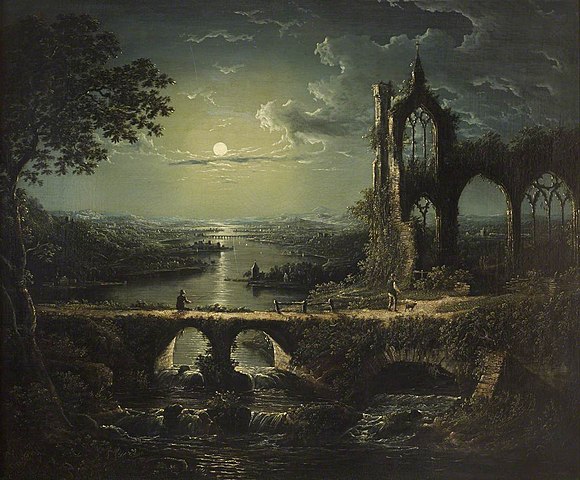
Gothic Tales: 5 Of The Best
With Halloween fast approaching, there’s no better time to delve into some frightening fables and indulge in cosy autumn reading. Whether you’re a hard-hitting horror fan, or prefer a more subtle scare, these gothic classics have the power to captivate and tantalise your fear time and time again.
Strange Case of Dr Jekyll and Mr Hyde by Robert Louis Stevenson (1886)
This gothic novella has seen multiple adaptations and reworkings since its Victorian conception, and remains one of the ultimate terror-tales. Following the two alter egos of Mr Utterson’s close friend, we see the contradictory characters of Dr Jekyll, who functions in line with society’s propriety (or appears to), and Mr Hyde, his wild and wicked counterpart. The contradictory behaviour is unnerving, and brings to light the true difference between our public and private selves. It paved the way for stories dealing with the notion of the ‘double’ and split personalities; a truly chilling tale which leaves you darkly curious about the monster within.
Rebecca by Daphne du Maurier (1938)
The ‘other’ is explored in a dual sense in du Maurier’s suspenseful novel, with the nameless heroine obsessing over her husband’s first wife, rendering her the symbolic ‘other’ woman, and the eerie encounters she experiences. The twisted take on marriage and relationships exposes themes of jealousy, power, and death which still resonate with many readers, providing subtle scares and compelling prose.
Dracula by Bram Stoker (1897)
The ultimate vampire fiction, Bram Stoker’s novel depicts the archetypal vampire which sparked an entire genre of gothic books, series and movies. The supernatural Count embodies the ultimate contradiction to Victorian propriety and defies laws of nature, all the while representing humankind’s darkest visceral desires.
Jane Eyre by Charlotte Bronte (1847)
While it may surprise some to see Bronte’s iconic novel considered ‘gothic’, Bronte’s use of dark symbols and omens makes this story full of fear and dark, atmospheric suspense. Following Jane’s life from early childhood, Bronte portrays the truths of womanhood in the Victorian era and the oppressive tension between her natural desires and social condition. In doing so, readers are exposed the horrors of violence, madness and imprisonment in a shocking series of events.
Frankenstein by Mary Shelley (1818)
Claimed to be one of the first science-fiction novels, this gothic horror story follows an incredible scientist who brings a monster to life, which terrorises him throughout. A significant impact on pop culture, Shelley’s creation investigates huge themes, including rejection, revenge and the notion of the ‘outsider’ which many readers have, and still, relate to. Shelley skilfully evokes conflicting feelings of disgust and empathy in a truly unnerving horror story with monstrous consequences.
If you are interested in studying English or English Literature, Oxford Open Learning offer the chance to do so at several levels, listed below. You can also Contact Us.